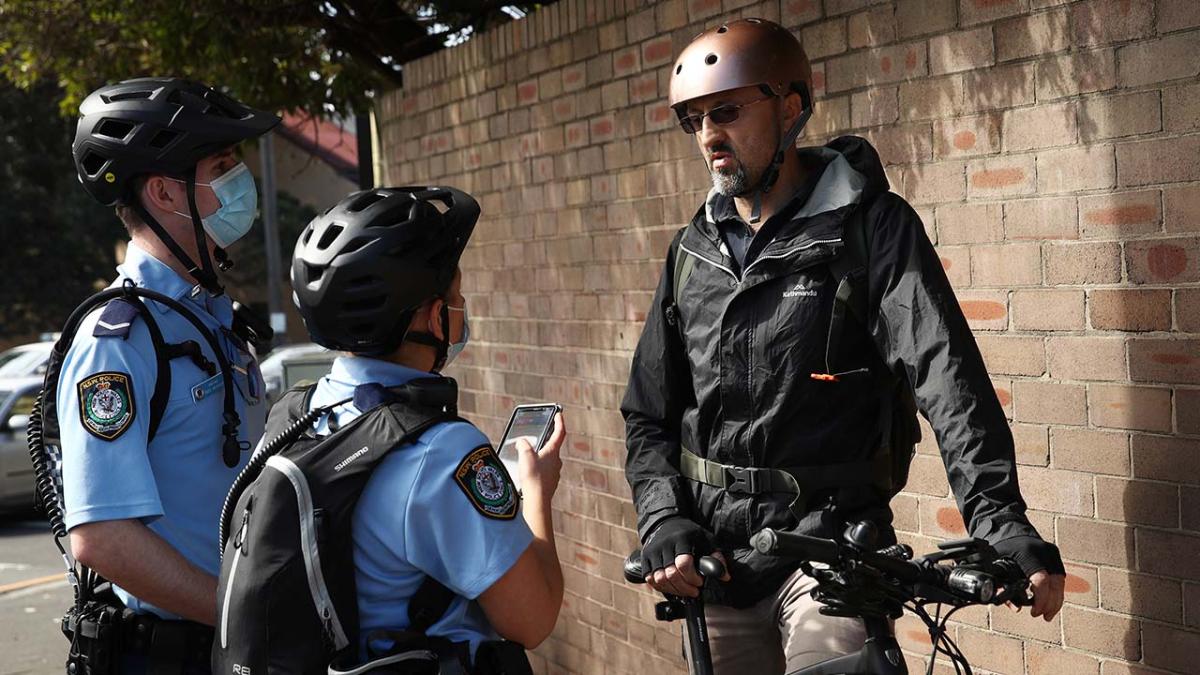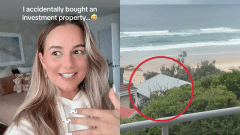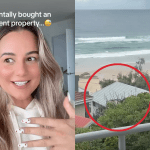
Between a Maroubra beach party that’s led to at least 60 confirmed cases of COVID-19 to a number of anti-lockdown protests over the last few months, it’s undeniably clear that we’ve seen a spike in personal infringement notices (aka lockdown fines) issued per day since the Greater Sydney lockdown first began.
NSW Police said in a COVID press conference last month that they’re seeing an increase in calls to Crime Stoppers which means that people are more vigilant of others breaching lockdown and that there are more people doing the wrong thing. It isn’t a stretch to say you’re most likely wondering whether someone you know has received a lockdown fine and they need help, or that you have questions about the whole thing.
So, PEDESTRIAN.TV spoke to Sydney criminal justice lawyer and TikTok Live starring legal expert Jahan Kalantar (who owns Executive Law Group) about what to do if you receive one, what to do if you can’t pay the sum or if you believe that it was wrongly given to you, and more.
What happens if I get a lockdown fine but can’t pay it?
According to Kalantar, when you get a fine, you’ll have 21 days to pay it. If you can’t afford to pay the fine in full by the due date, you can request to pay them in instalments. If you need to do this, it’s best to contact Revenue NSW before the infringement notice’s due date to set up a payment plan.
If you are experiencing serious financial, medical, or other personal problems, you can:
- Request a payment plan.
- Apply for a work and development order.
- Apply to have your debt written off.
- Apply for a 50 per cent reduction in the fine amount (if you meet certain eligibility criteria).
Remember, if you choose to pay in instalments, make sure you have organised exactly how you’re going to pay the fine in advance. If you don’t pay that sum by the new due date, you could face “further costs [which could] put you into a vicious spiral of debt”.
What happens if I get a lockdown fine but I believe it was incorrect? Can I dispute it?
If you believe a fine was given to you incorrectly you can request a review. According to Jahan Kalantar, if you have not paid the fine you should try and make the request by the due date on the penalty reminder notice.
Once your fine has been reviewed, you will be written to, with one of three outcomes:
- Penalty to stand – They believe you committed the offence and the penalty was properly issued, and you must still pay the fine.
- Caution – They believe you committed the offence, and the fine was properly issued but they have decided to issue a caution instead of a penalty because of your circumstances.
- Cancellation – They believe the penalty notice was not issued correctly, does not properly disclose the offence or it was issued by mistake. You will not have to pay the fine.
Are personal infringement notices put on a person’s criminal record? Do police keep a general record of them?
While all infringement notices are recorded on a computer system so repeated offenders can be identified and likely taken to court, committing an offence doesn’t automatically mean you will get a criminal record.
According to Kalantar, if you pay a personal infringement notice (also known as a criminal infringement notice), you won’t get a criminal conviction on your record. However, not all offences can be dealt with by infringement notices.
You can also try to dispute the notice but if you do so and are found guilty, you could get a conviction on your criminal record.
What happens if the police come to speak to me after someone reports me to Crime Stoppers?
“If someone has contacted crime stoppers and reported you, Crime Stoppers will capture the information that was shared with them and send it to the police for investigation,” Kalantar explained
“Police can then decide to speak to you about what they’ve been told and depending on how that goes they can take no action, they can issue you a warning or, in certain circumstances, they can arrest you.
“Now the general rule is that you have a right to silence and don’t need to speak to police however, as I say to all my clients, police are people too and a little politeness can go a long way. Sometimes that politeness can be the difference between issuing a caution and a fine!”
It is important to remember that while arrest should be an option of last resort for Police, a police officer can arrest you if you do the following:
- You are committing an offence for which you can be arrested.
- They have reasonable grounds to suspect that you have committed an offence, but again that must be offences for which can be arrested (ie a more serious offence, for example, you would be highly unlikely to be able to be arrested for jaywalking or littering).
- You are breaching the peace.
- You have breached your bail conditions or Apprehended Violence Order (AVO) conditions.
- A warrant has been issued for your arrest.
- If the police need to serve an AVO on you or have a warrant for your arrest for serving an application for AVO on you. Whilst not technically an arrest but very similar, Police can detain you as well in certain other circumstances such as to remove you or your partner from the situation.
If the police arrest you after investigating a crime reported to them through Crime Stoppers, they must tell you that you are under arrest, tell you why you are being arrested and they should also tell you their name and place of duty.
“My advice is to make sure you speak to a lawyer before speaking to a police officer. Always know your rights and do not speak to police without getting legal advice.”







